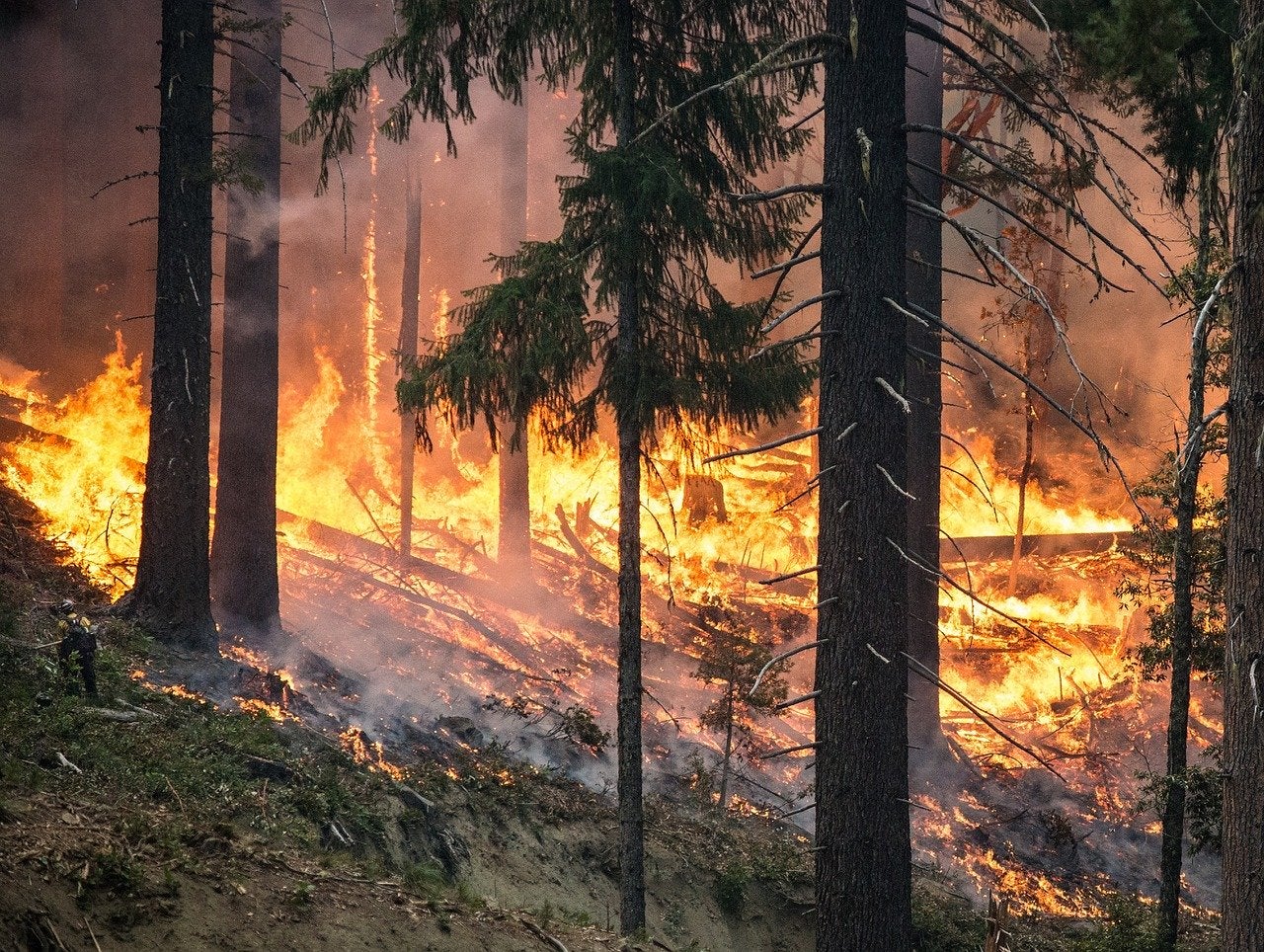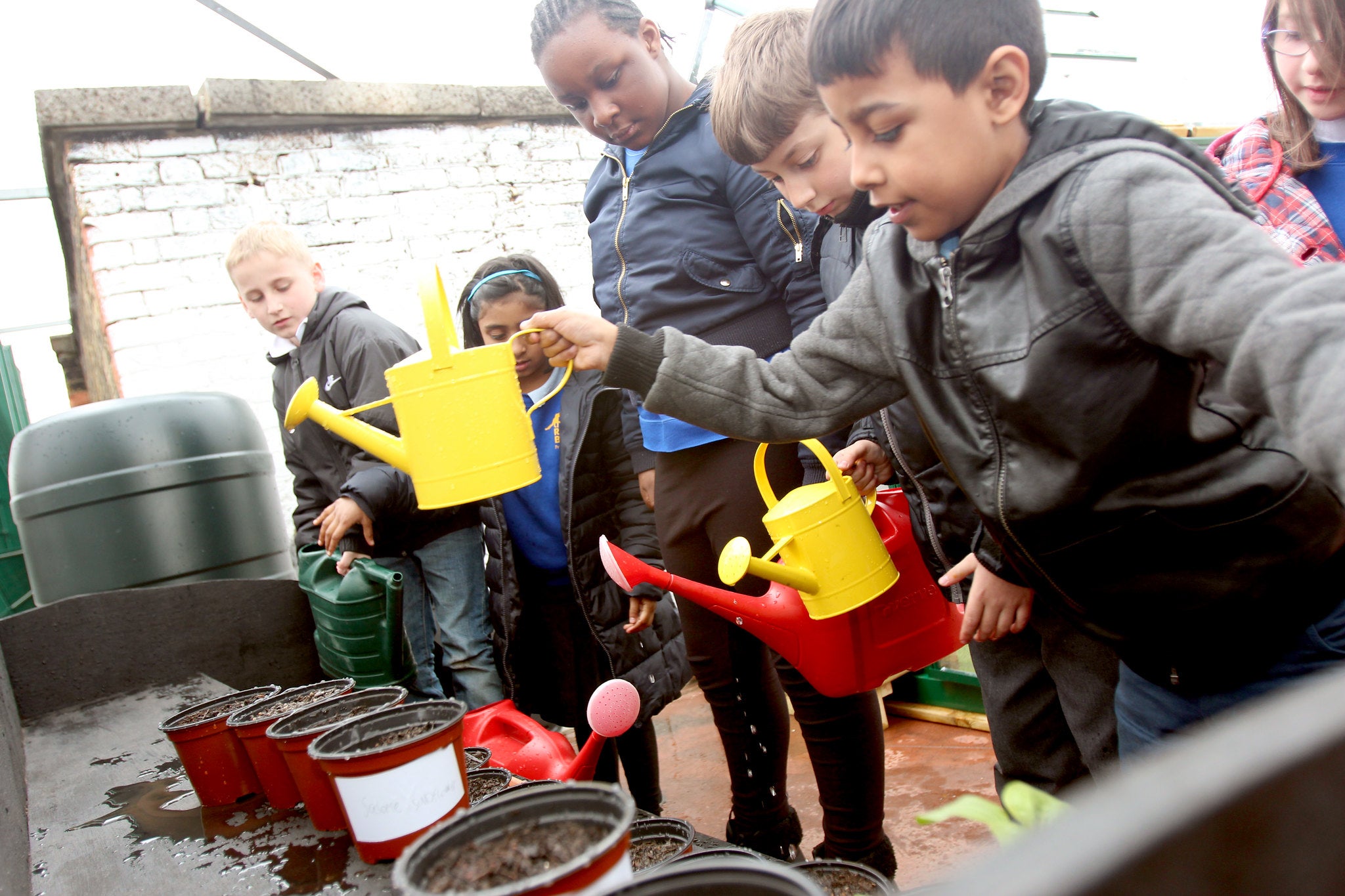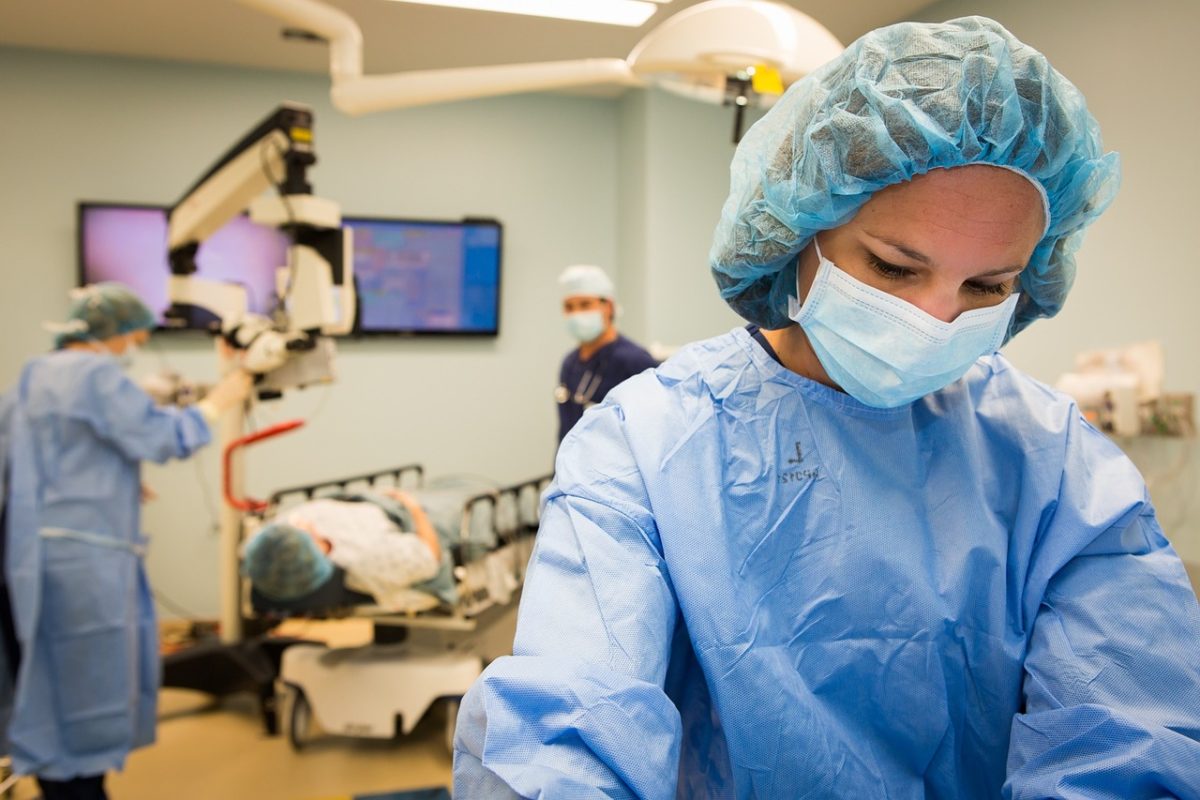Job Summary:
The Center for Climate, Health and the Global Environment at the Harvard T.H. Chan School of Public Health (Harvard Chan C-CHANGE) is seeking a Research Associate for its new project on Building Climate Resilient Community Health Clinics.
The goal of this multi-year program is to bring the best available science on climate, health, and resiliency to develop an integrated Climate Resilience Toolkit for community health clinics. Working collaboratively with community health centers (CHCs), the project will be designed to improve climate change and disaster resiliency for CHCs and their clinical providers, and in doing so, improve health outcomes for the patients they serve.The toolkit will be developed and deployed in collaboration with Americares, a leading global nonprofit focused on improving health for people affected by poverty and disasters.
Harvard Chan C-CHANGE translates the innovative research from faculty and students across the Harvard Chan School into actions that improve public health today and create a more just, sustainable and healthy future for all. Led by Dr. Aaron Bernstein, Harvard Chan C-CHANGE equips change makers with the evidence and tools they need to act now to protect our health. For more information, please visit: https://www.hsph.harvard.edu/c-change/
Job Responsibilities:
Harvard Chan C-CHANGE seeks a Research Associate to conduct research as an independent investigator on its Building Climate Resilient Community Health Clinics program. The Research Associate will play a leadership role in the research project, by acting as senior analyst; presenting results, preparing publications; collaborating with external researchers and supervising one research coordinator.
Specific activities include:
-
- Design, implement and analyze surveys and other instruments to inform creation of preparedness resources for clinics and providers.
- Develop and implement a strategy to assess the resources after deployment.
- Draft manuscripts for publication based on results.
- Work collaboratively with program partners, including attending regular meetings.
Term:
One year term with strong likelihood of renewal.
Qualifications:
Ph.D., 3-5 years experience. This position requires the ability to 1) design instruments and analyze data obtained from clinics and providers to create effective climate preparedness resources and 2) assess the effectiveness of resources provided.
We seek a candidate who has a track record of collegial and effective interdisciplinary work and who can perform the needed instrument development and analysis largely independently. The candidate should have strong analytic as well as written and oral communications skills and be self-motivated.
Reporting Structure:
The position will report directly to Dr. Aaron Bernstein, Interim Director of Harvard Chan C-CHANGE.
How to apply:
Please send your CV and cover letter to Tracy Sachs, Administrative Director at tsachs@hsph.harvard.edu.
Harvard is an Affirmative Action / Equal Opportunity Employer. Applications from women and minority candidates are strongly encouraged. All qualified applicants will receive consideration for employment without regard to race, color, religion, sex, national origin, disability status, protected veteran status, gender identity, sexual orientation, pregnancy and pregnancy-related conditions or any other characteristic protected by law.
Harvard offers competitive salaries that are designed to attract, retain, and reward the performance of talented employees. We do this through vigilant attention to both market conditions and our position within the higher education and local and national employment markets. Our salaries – combined with comprehensive benefits, generous paid time-off, access to education and professional development, and a vibrant campus with abundant cultural and recreational opportunities – create a competitive and compelling total rewards package.


















